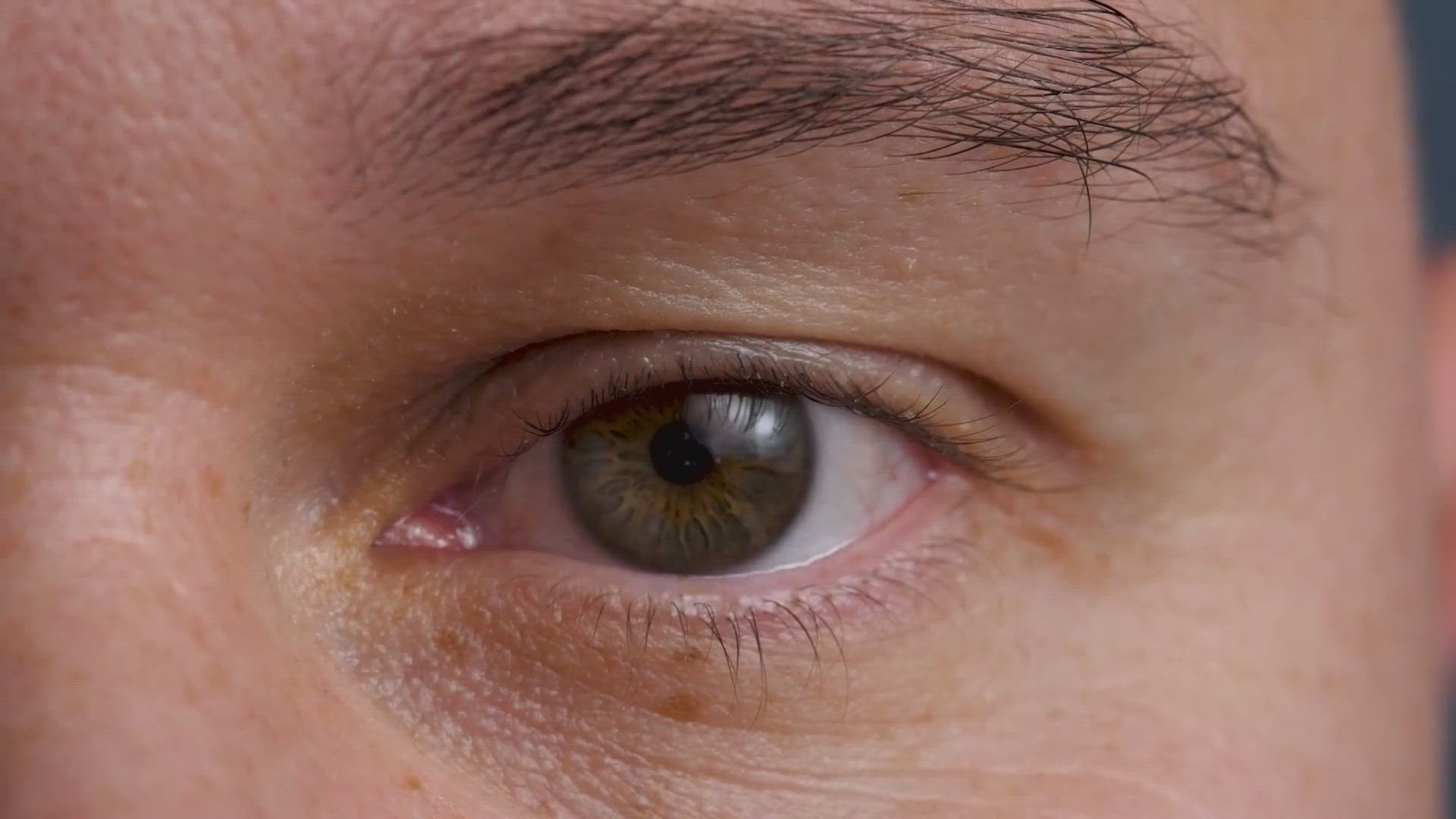SAN ANTONIO — Detecting Parkinson's disease just by going to the eye doctor—that is what one study says may soon be possible.
Parkinson's is typically diagnosed when people develop the tell-tale mobility issues, like tremors, stiffness or slowness. A new study fresh out of England shows that artificial intelligence has found yet another way to change the health care game.
"The scientists in this case were using a type of optical test, and they were able to identify eyes that had the same thinning that they saw in cadavers of patients with Parkinson's disease," said Mika Newton, CEO of xCures.
The Parkinson's Foundation says that, as of 2022, about 90,000 people are diagnosed with the disease every year in the U.S. That's enough people to fill the Rose Bowl Stadium. By the year 2030, 1.2 million people are expected to have Parkinson's in the U.S. That's why studies like this one are so important.
"It showed that in people who had those pictures taken of the back of their eye before they ever were diagnosed with Parkinson's disease, they were already developing some changes," said Dr. Sarah Horn, a neurologist and assistant professor neurology with UT Health San Antonio, a Parkinson's Foundation Comprehensive Care Center.
It is called oculomics, or the use of eye scans to identify other diseases. It has already been used to identify neurodegenerative diseases like Alzheimer's, multiple sclerosis, schizophrenia, and even cardiovascular conditions like high blood pressure and even diabetes.
"If we could detect these types of diseases very early, that could be a really big game changer," Newton said.
"This sort of finding is the thing that at this point in time you would have to go looking for it," Horn added. "But also, it's not ready for use in clinical care yet."
There are currently no FDA-approved medications to slow down Parkinson's, only drugs to deal with the symptoms. The goal: a combination of earlier detection and medication to keep lives from being taken so soon.
>TRENDING ON KENS 5 YOUTUBE:

